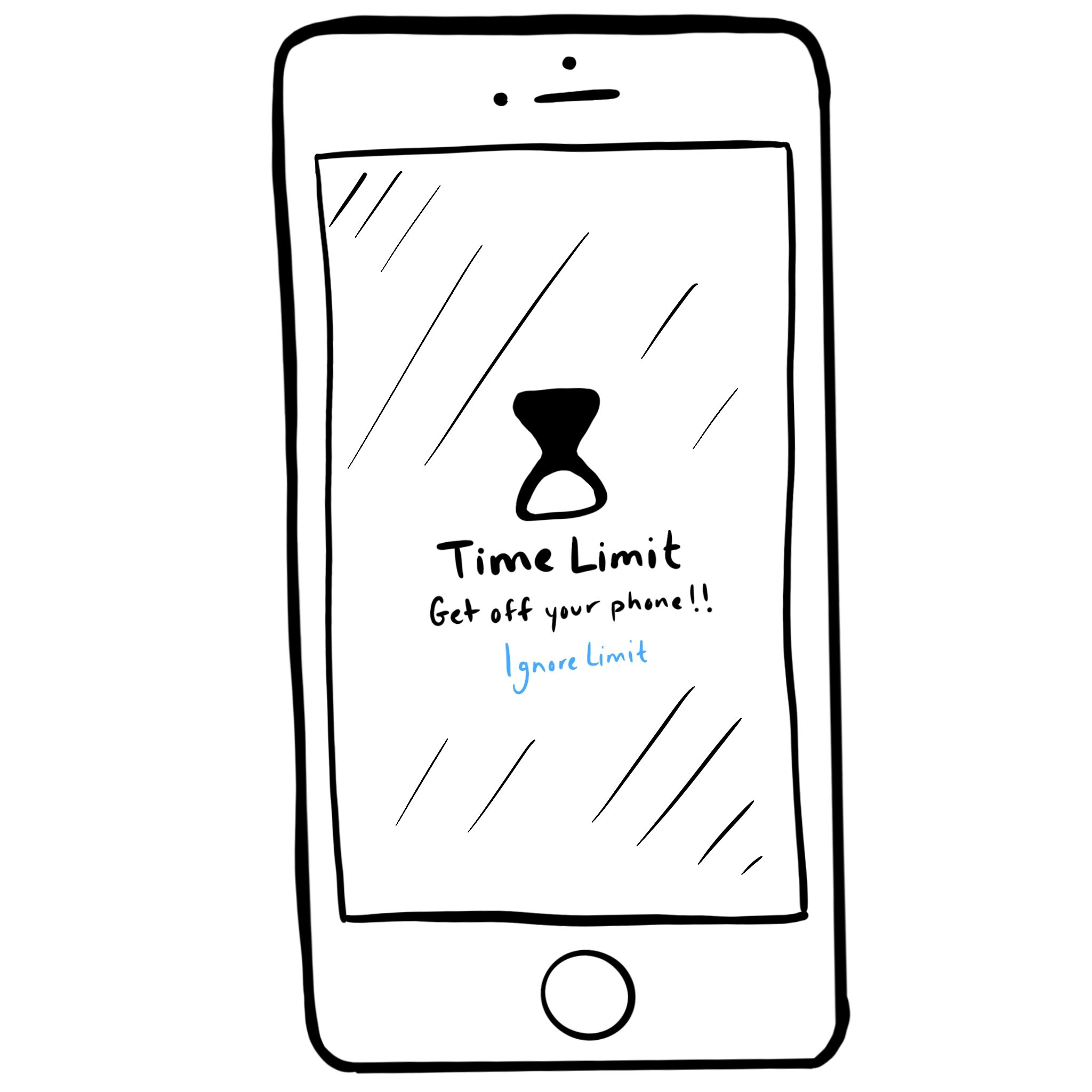Graphic by Anjali Rao ’22
BY JAHNAVI PRADEEP ’23
Today we live in a bustling world of Instagram, Snapchat, Twitter and an array of other emerging social media platforms. Just a touch away from our fingers is this world where we can track the lives of our favorite celebrities, chat with our friends across the world and share our own experiences via this social platform. It appears to be such a convenience! Yet, there is a nagging feeling in the corner of my mind when I think about the impact of social media in our lives. Despite the vibrant realm it created, the advent of technology and social media has made us turn our backs on our day to day lives and interactions.
“Social media is my way of finding out what happens all over the world. We escape from the first world into the other.”
- Lizzie Wilson ’23”
While I wait for my classes to begin or while I ride the PVTA, I notice the classmate beside me and the elderly person who has bought three bags of groceries. I want to ask them how their days have been. But I find it so much easier to unlock and monotonously scroll through my phone. I am barely bothered by the whopping number of hours of screen time my phone has recorded, or by the fact that I need my cellphone by my pillow when I sleep.
Lizzie Wilson ’23 agrees and expresses how social media has become all encompassing.
She thinks of it “as a way of avoiding work, projects or sometimes communicating with friends. Social media is my way of finding out what happens all over the world. We escape from the first world into the other,” she said.
In her TED Talk “Connected but Alone?,” Psychologist Sherry Turkle addresses this problem. She discusses her notion of the ‘Goldilocks effect’: how social media allows us to have connections with others that are “not too close, not too far and just right.” In this, we are together yet we aren’t with each other. I sit beside the elderly woman I want to talk to, but prefer texting my friend who is asleep on the other side of the globe.
Turkle explains this by discussing how human relationships are “rich, messy and demanding” and how “we use technology to clean this up.” We have relationships at a distance and under our control where we would “rather text than talk.”
According to Turkle, we are letting social media take us away from reality. During classes, lectures and parties, I find myself and so many others looking at our phones. We walk down the streets, eyes glued to our tablets, music blasting through our headphones. I have turned a blind eye to my friend sitting beside me, to the sweet taste of my morning coffee or to the musty smell of the book whose online version I have chosen to read. Will these virtual connections be able to offer us the same warmth as the real life connections that we have shunned?
Sohini Bhatia ’23 thinks that social media has led to a sense of escapism.
Bahtia talked about how the disparity between the two worlds is accentuated by influencers who “create a perfect virtual world that does not exist in reality.”
This ideal image draws us in and captures us in its enchanting arms of a “perfect world,” but this is not the same as the real world around us.
The advent of technology has created a convenient world for us. In Turkle’s talk, she recounts how a boy told her that “someday, someday, but certainly not now, I’d like to learn how to have a real conversation.”
Today, we must stand our ground to not lose ourselves wholly to this inviting virtual world and to find a balance between these two worlds: the one we live in and the one on the other side of the screen.

